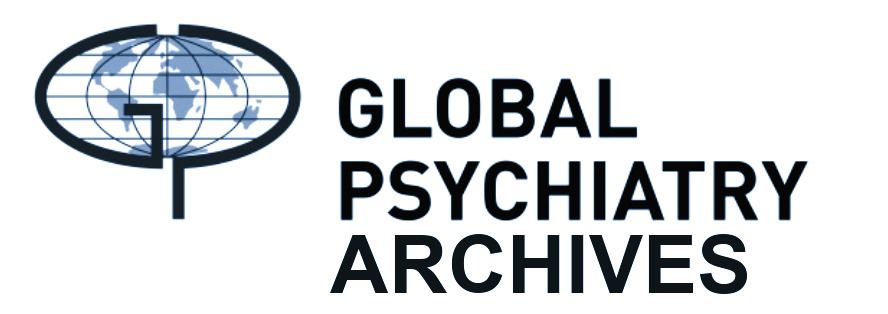Global Psychiatric Association

We herewith invite all mental health professionals to register and become members of the Global Psychiatric Association.
The Association intends to represent and connect individual psychiatrists and ALL mental health professionals from around the globe.
We want to be non-bureaucratic, non-judgemental, kind and inclusive for all. We finally want to support patients from around the globe.
Please check who we are, see our on-coming and previous conferences, lots of courses, videos and lectures and our journal Global Psychiatry Archives via the links above and in the links on the contact page. It is easy, free and provides lots of clinical and academic learning for all mental health professionals
However, if you are interested in joining the Global Psychiatric Association and join or contribute to the next GPA congress please register with the link below, it is free.
https://docs.google.com/forms/d/e/1FAIpQLSdMflFgoU8yQ-uMoy9TXhwAg7C5_YD-q4Sp3xjmZz4IAgTxiw/viewform
New lectures from the 5th Congress of the Global Psychiatric Association

Publications with the GPA
https://globalpsychiatry.co.uk

-
Home
Global Psychiatric association